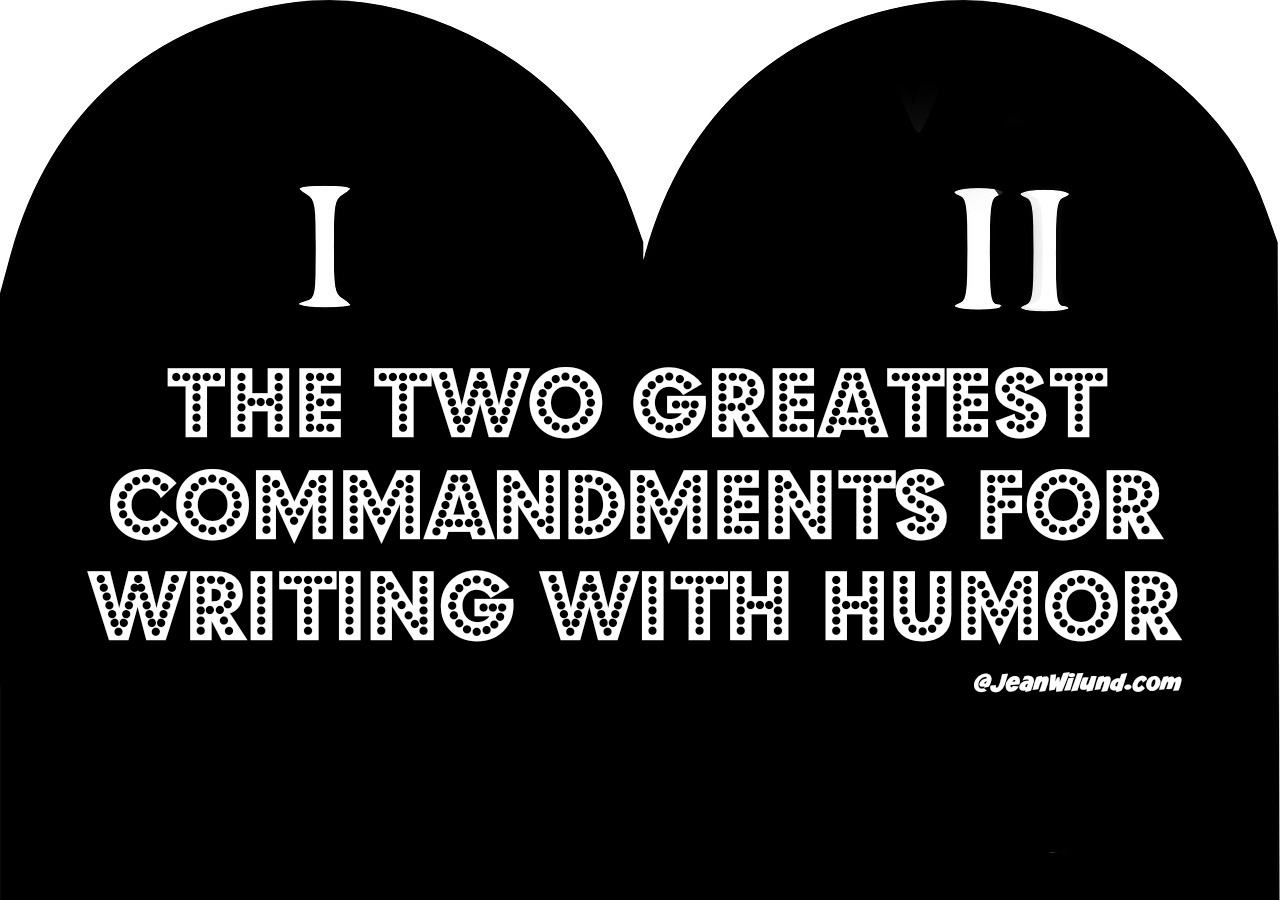
It’s or Its?
Almost three years ago, I wrote a post about using apostrophes. If you want to read it, go here. The…
August 18, 2018
Almost three years ago, I wrote a post about using apostrophes. If you want to read it, go here. The…
August 18, 2018
Following the dream of becoming a writer involves so much more than just learning how to write. Sure that’s…
July 29, 2017
This month at Grammar and Grace we’re studying adjectives. Adjectives are words that tell something about a noun or…
July 18, 2017
Magazine writing jobs sent straight to your inbox? Yes, it is true. I get them every morning. So how…
June 12, 2017
This time we’ll discuss nouns. Nouns can be common or proper. A common noun is a person, place, or…
May 18, 2017
This may seem hard to believe, but[bctt tweet=” … not every question requires a question mark” username=””.] How…
April 27, 2017
Because spellcheck, wonderful as it may be, doesn’t catch words used improperly … And because the English language…
March 27, 2017
Bryan Garner, author of A Dictionary of Modern American Usage, and a raft of other books on English…
March 27, 2017
Last time, I introduced the eight parts of speech. This time, we’ll focus on verbs. I’m beginning with the…
March 17, 2017
As this series draws to a close, here are a couple practical exercises you can do at home to…
February 21, 2017
For 2017, let’s understand the basics of English grammar by learning the eight parts of speech. They are the…
February 17, 2017
Save money. Learn theology. Become a better writer. Minister more effective. That’s my hope for you. In this second…
January 10, 2017
Need a bit of insight as you ready the pen or laptop today? Consider the following from one of…
November 23, 2016
Writers write because we love to use words, but let’s face it––even though we say we write for ourselves,…
November 22, 2016
We’re still a few days away from Thanksgiving, but we sometimes receive Christmas cards a few days after celebrating…
November 17, 2016
The carbine was still jammed and Jim couldn’t do anything to fix it. He finally tossed it aside and…
November 9, 2016
Save money. Learn theology. Become a better writer. Minister more effective. That’s my hope for you. In this second…
October 10, 2016
Ever laughed in an absurd situation or at an absurd time? Sure you have. We’ve all done it. Our friend…
September 24, 2016
This month’s post is all about words you might be hearing and saying and, consequently, writing improperly. We’re not…
September 17, 2016
Save money. Learn theology. Become a better writer. Minister more effective. That’s my hope for you. In this second…
September 12, 2016
Save money. Learn theology. Become a better writer. Minister more effective. That’s my hope for you. In this…
August 9, 2016
A few weeks ago I enjoyed a lovely dinner with friends at a cool restaurant in Raleigh. The first…
July 22, 2016
Thou Shalt write with humor. But how? By following these two commandments from humor author James N. Watkins: I. Thou Shalt…
June 27, 2016
As a Christian writer in your life or in your writing it is not merely about what you want…
May 21, 2016
Lots of time we hear verbal patterns that may be acceptable (to some people) in speech, but they are…
April 17, 2016